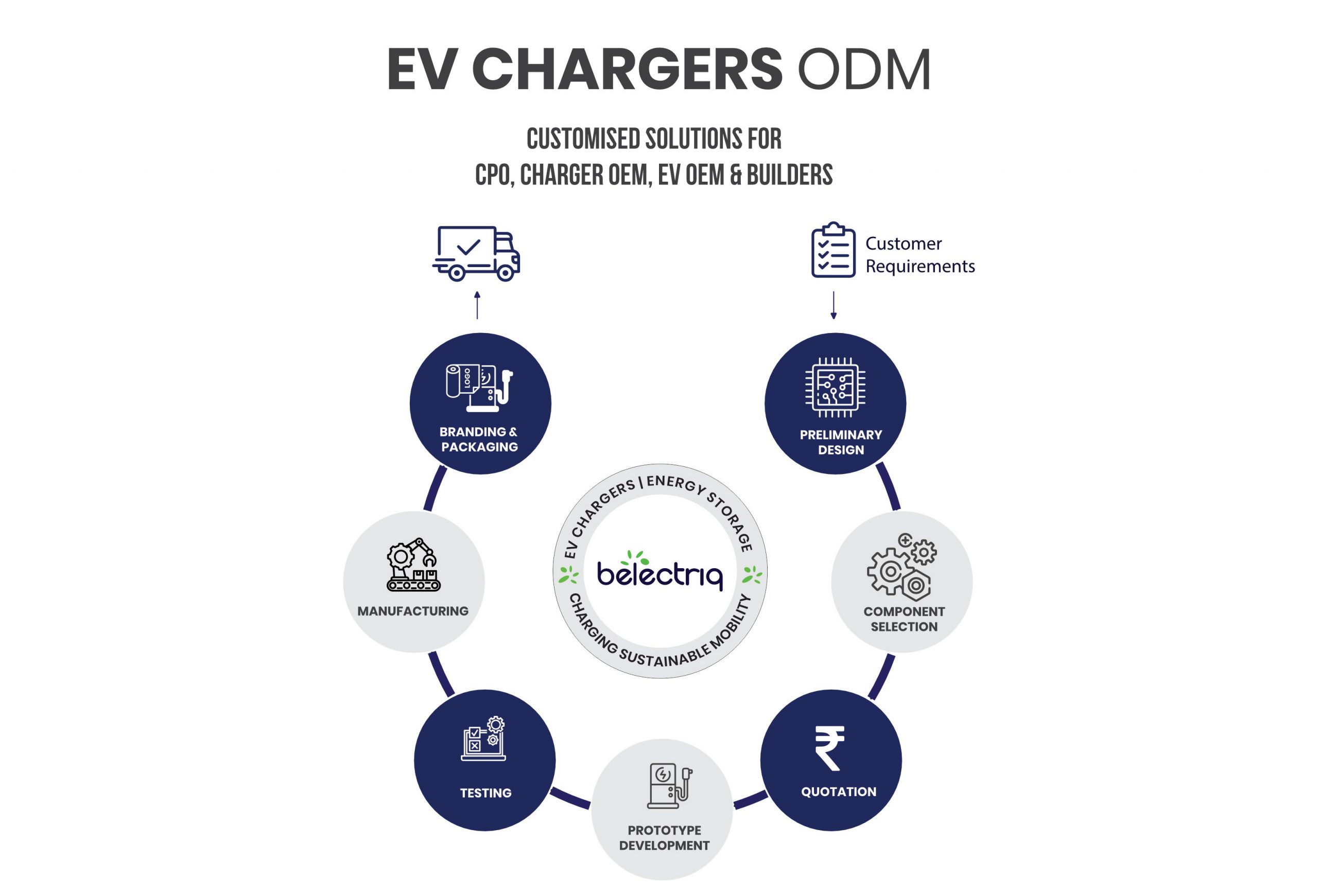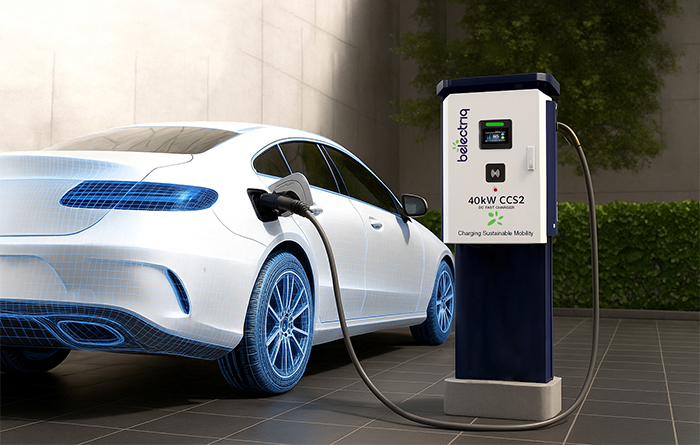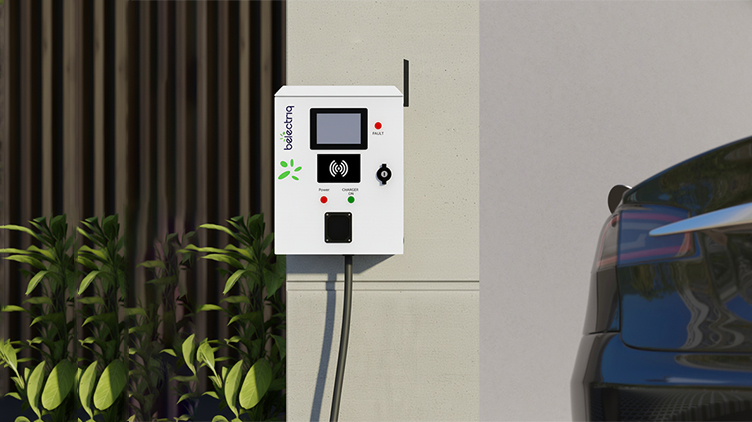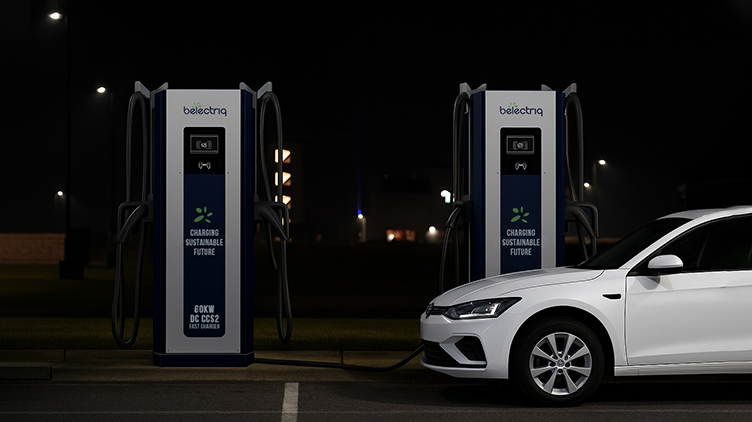Business Models to Consider
The EV charging industry is a rapidly growing market, and businesses entering this space can explore several business models to find the right fit for their goals and resources.
Here are some key business models to consider:
1. Direct ownership
- Businesses purchase, install, and manage their own EV charging stations.
- This model offers maximum control over pricing, operations, and customer experience.
2. Charging as a Service (CaaS) with Pulse Energy Insta Charge App
- A third-party provider owns, installs, operates, and maintains EV charging infrastructure on behalf of a property owner, business, or municipality.
- Customers pay a subscription fee or usage-based charges, avoiding large upfront capital expenditures.
3. Franchise model
- Franchisor (EV charging company) grants the right to a franchisee (individual or business) to operate EV charging stations under its brand name.
- Franchisees benefit from the franchisor’s expertise, technology, and brand value.
4. Partnership ownership (revenue sharing)
- Businesses team up with other entities to share the installation costs and profits from EV charging.
- This approach reduces upfront costs and diversifies financial risk.
5. Pay-per-use model
- The most straight forward model where EV owners pay for the electricity they consume, based on kWh or charging time.
- Charging station operators can adjust prices based on peak and off-peak hours.
6. Subscription-based model
- Offers EV owners unlimited or discounted charging for a fixed monthly fee.
- Ensures a steady revenue stream and promotes customer loyalty.
- Different tiers of subscriptions can cater to various user needs.

White-Label Manufacturing
Partner with established EV charger manufacturers Belectriq Mobility who offer white-label solutions. You provide branding, marketing, and customer service while they handle production. Key manufacturers to research include:
- Local manufacturers (competitive pricing from Belectriq Mobility)
- Made in India products most suitable for Indian weather and power quality conditions
Private Label Partnerships
Work with existing manufacturers to customize their products with your branding, specifications, and unique features. This allows more control over product differentiation while avoiding manufacturing overhead.
OEM Partnerships
Become an Original Equipment Manufacturer and partner with Belectriq Mobility, wherein you design the specifications and user experience, but outsource the actual production to contract manufacturers like Belectriq Mobility.
1. Market Research and Positioning
- Identify your target market (residential, commercial, fleet, public charging)
- Analyse competitors and find market gaps
- Define your unique value proposition
- Determine pricing strategy
2. Find Manufacturing Partners
- Research potential white-label manufacturers
- Evaluate their certifications (ARAI, ICAT compliance)
- Assess production capacity and quality standards
- Negotiate minimum order quantities and pricing
- Establish quality control processes
3. Product Specification and Design
- Define technical requirements (power levels, connector types, smart features)
- Design brand identity and product aesthetics
- Specify software requirements and user interface
- Plan for future upgrades and connectivity features
4. Regulatory Compliance
- Obtain necessary certifications (ARAI, ICAT)
- Ensure compliance with local electrical codes
- Meet safety and performance standards
- Consider warranty and liability requirements
5. Technology and Software Platform
- Develop or license charging management software
- Implement payment processing systems
- Create mobile apps for user interaction
- Establish cloud-based monitoring and analytics
- Plan for remote diagnostics and updates

Revenue Streams
Direct Sales
- Sell chargers to businesses, municipalities, and consumers
- Offer different models for various use cases
- Provide installation services or partner with installers
Charging Network Operations
- Install chargers at strategic locations
- Generate revenue from charging fees
- Offer subscription-based charging plans
- Partner with property owners for revenue sharing
Software and Services
- License your charging management platform
- Provide ongoing maintenance and support
- Offer analytics and reporting services
- Create premium features and subscription tiers
Installation and Maintenance
- Partner with electrical contractors
- Provide training and certification programs
- Offer ongoing maintenance contracts
- Create a network of authorized service providers
Building Your Brand
Brand Identity
- Develop compelling brand messaging focused on reliability, innovation, or sustainability
- Create professional branding materials and product design
- Build a strong online presence and website
- Establish thought leadership through content marketing
Marketing Strategy
- Target specific customer segments with tailored messaging
- Attend trade shows and industry events
- Build partnerships with EV manufacturers and dealerships
- Leverage digital marketing and social media
- Create case studies and customer testimonials
Customer Experience
- Develop user-friendly mobile apps and interfaces
- Provide excellent customer support
- Create comprehensive installation guides and resources
- Establish clear warranty and service policies
Financial Considerations
Startup Costs
- Initial inventory investment (typically Rs. 5,00,000 – Rs.10,00,000 depending on scale)
- Branding and marketing expenses
- Software development or licensing costs
- Regulatory compliance and certification fees
- Working capital for operations
Funding Options
- Bootstrap with personal savings or revenue
- Seek angel investors or venture capital
- Apply for government Loans like EV Mitra or Mudra Loans
- Consider crowdfunding for consumer products
- Explore equipment financing for inventory
Key Success Factors
Quality and Reliability
- Ensure your manufacturing partners maintain high quality standards since your brand reputation depends on product performance and durability.
Customer Support
- Invest heavily in customer service, technical support, and installation assistance since charging infrastructure is mission-critical for EV owners.
Technology Integration
- Stay current with evolving standards (OCPP, smart grid integration, vehicle-to-grid capabilities) and ensure your products remain competitive.
Strategic Partnerships
Build relationships with EV manufacturers, utility companies, property developers, and government agencies to expand market reach.
Scalability Planning
Design your business model and partnerships to accommodate growth without major operational disruptions.
Common Challenges and Solutions
Quality Control
- Implement rigorous testing procedures
- Maintain close relationships with manufacturing partners
- Establish clear quality standards and penalties
- Consider third-party quality assurance services
Market Competition
- Focus on specific niches or underserved markets
- Differentiate through superior customer experience
- Innovate with unique features or services
- Build strong brand loyalty through reliability
Regulatory Changes
- Stay informed about evolving standards and regulations
- Build flexibility into product designs
- Maintain relationships with regulatory bodies
- Plan for regular product updates and compliance reviews





Leave a Reply